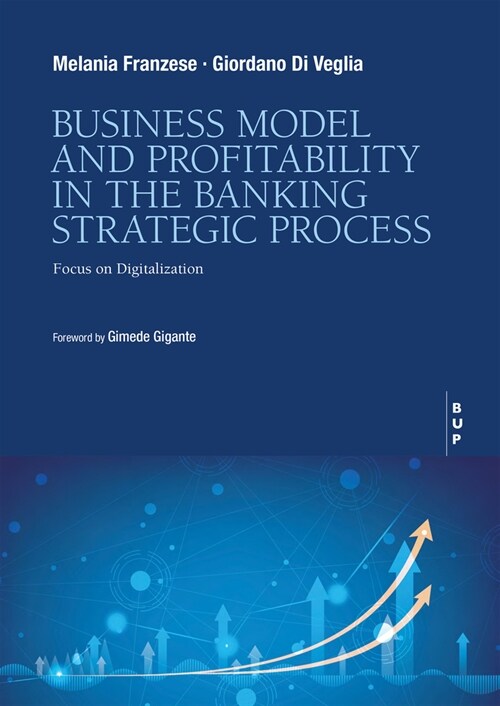by Ryan Lucs
The Justice Department announced charges against two alleged hackers suspected of working on the orders of the Chinese government as part what the U.S. alleges is a long-running effort to steal American intellectual property. The charges were part of a broader move by the Trump administration to push back against what U.S. officials describe as China’s relentless drive to steal American business secrets. The two men, Zhu Hua and Zhang Shilong, are part of a “hacking group” known as Advanced Persistent Threat 10, according to an indictment unsealed in the Southern District of New York.
Continue reading…
















Better Regulation in the EU is a perennial and topical question which has important implications for the future direction of EU law. While actions directed …
Continue reading…